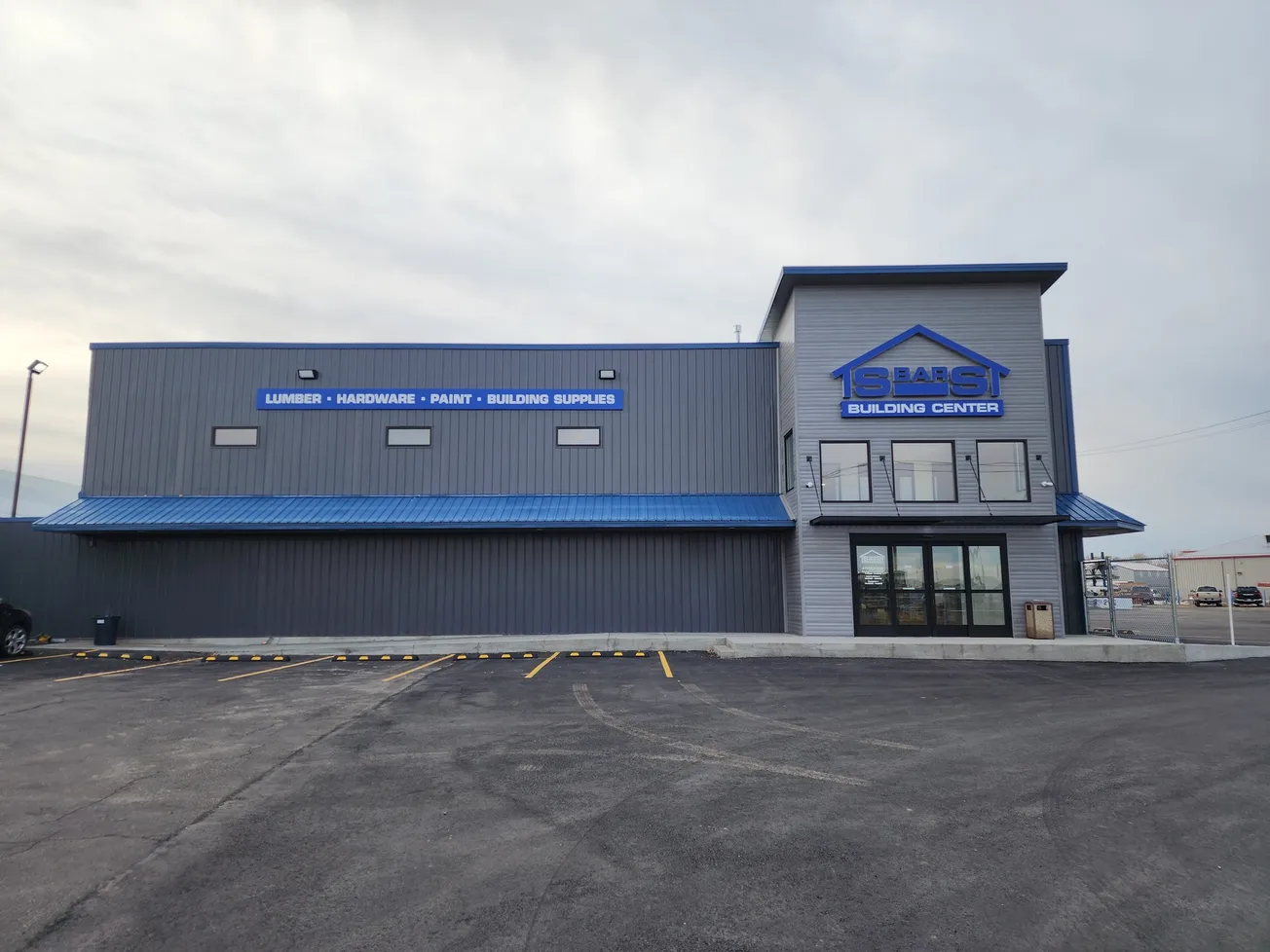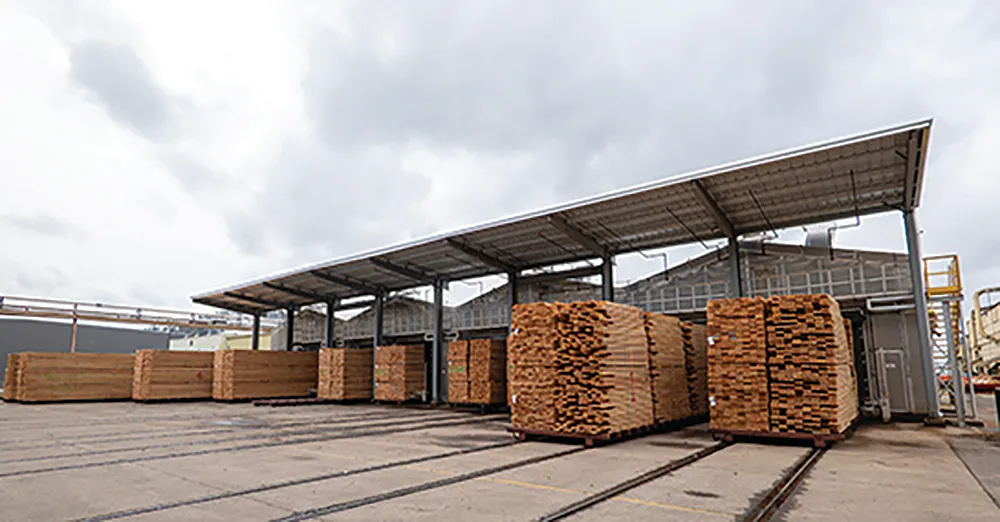Table of Contents
I began full-time work at McGinnis Lumber Company August 1, 1980. I had worked summers at my Dad’s local retail lumber yard from 15 years old throughout college, so I definitely got the “ground up” introduction to the business. I learned the broad range of wood and related construction products and drove forklifts and delivery trucks taking materials to job sites.
In college, I started in the business school, but in my junior year changed my major to English, thinking I might want to go to law school. I decided, however, that the family lumber business was too good an opportunity to pass by, and I’ve never regretted that decision.
Once starting in the wholesale business, I began as a southern pine buyer, and eventually also took on customers to sell. Over the years, I graduated to running our pine and hardwood sales, and then later moved into management responsibilities, while still maintaining customers and mill contacts, which I continue even now. I’ve had some success in real estate over the years, and think there are other vocations I could have been fairly successful pursuing, but I really love this industry and have been very happy with my career.
Although the forest products industry experiences the same economic cycles and technological changes as others do, I’m always amazed at how little of substance has really changed in how we do business over the span of my career. Yes, computers and cell phones have made our jobs more portable and efficient. But this is still a people-oriented business, and your word is valued more than the size of your assets.
Manufacturing is much more sophisticated than 40 years ago, but we still start with trees and finish with wooden products. The industry certainly does a better job with replanting and being good stewards of the areas where we cut trees, but it’s essentially the same process: plant, grow, harvest, replant. This is, and always has been, the greenest industry on earth, and I’m very proud to be part of it.
The parallels with life and business are abundant, and success in both are dependent on the same core values. Treat all people with respect. Do what you say you are going to do. Be honest. Work hard, play hard—balance is essential to happiness. Be passionate about what you do, or change jobs: you trade too much of your life making a living not to enjoy what you do.
Don’t be afraid to take reasonable risks in your personal and professional life; if you don’t have enough of your heart invested in your family and your work that it won’t hurt badly to lose them, you aren’t giving nearly enough effort. The old adage that “nobody dies wishing they’d spent more time at the office” is true—use some of your spare time and resources to try and leave the world a better place than you found it.
This is the only industry that I know well, so I bring some bias to the question of the “uniqueness” of our business. That said, I don’t know of many industries where enormous quantities of product—and correspondingly large sums of money—routinely exchange hands without the need for formal written contracts. People and companies that don’t do business ethically simply don’t last long in our industry. Honesty, integrity and hard work are valued in our marketplace, and as a result I believe we have a disproportionate number of truly good people in this industry compared to most others.
Except for the last few years due to his declining health, and ultimately his death in January of 2016, I spent my entire working life alongside my Dad. I’m now several years older than my Dad was when I started working full-time, and my son Davis is now three years into being the fourth generation of McGinnis to work in our family business. Being part of a business my grandfather started over 95 years ago has instilled in me a pride and dedication to my vocation that I can’t imagine feeling had my work path taken me in a different direction.
My grandfather was in poor health the years I knew him, and he died when I was 13, so I never knew him in the business. As a result, my Dad was the physical legacy of the business for me, and it would be difficult to over-estimate the impact he had on me, not only as my father but as a businessman. I’ve been fortunate to know many fine people in business and elsewhere in life, but my Dad was for me the paragon of ethics, business acumen, family stability, humility and hard work.
I’ve taken very seriously the responsibility to run this business in the way he did (although our management styles are very different), primarily by having a strong respect for our customers, our suppliers, and our employees. His example of fairness, resolve and unwavering optimism during difficult times, and his reverence for “the lumber business” has guided me throughout my career. I miss him very much, but in a very real sense, the lessons I learned from him is a presence I feel with me always.
I’ve spent the last 37 years of my life with my company and in this wonderful industry. It has afforded me and my family the opportunity to make a good living for four generations. It has given me the chance to travel all over North America, and I’m happy to say that I have friends all over the continent as a result of those travels.
My Dad was a big proponent of giving back; he often said that our community (locally and in the larger arena of business) has been good to us, and we need to give of our time and effort to return the favor. All of us here try to follow that example, and I have no doubt that philosophy has been a contributing factor in our longevity and success.
My advice to young people considering a career in this industry is to find a company whose corporate strategy includes philanthropy, and whose management has a proven record of sustaining longtime employees and doing their business ethically. The forest products industry is one of the pillars of our economy, and is a great place to enjoy a lifetime of work—and play—surrounded by good people doing important work. We need to do everything we can to attract bright young people to join us so we can continue to be a vibrant, prosperous environment for employment; it’s really the most critical part of sustaining the great legacy of those who have come before us.









